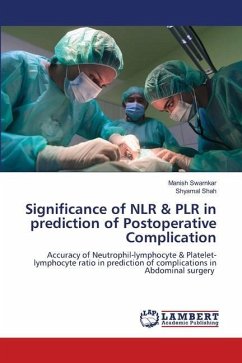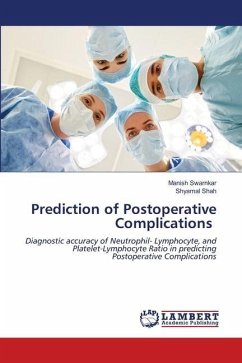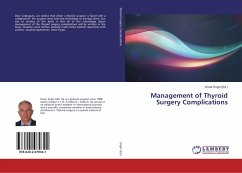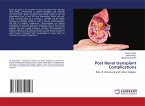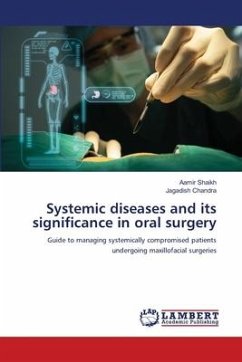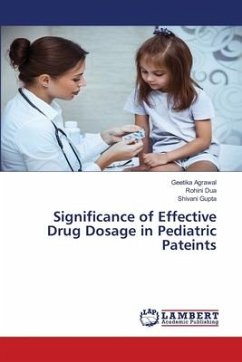Increased morbidity leads to longer hospital stays, higher hospital expenditures, chemotherapy delays, and a lower standard of living. Several biochemical markers, such as the neutrophil-lymphocyte ratio (NLR) and platelet lymphocyte ratio (PLR), have historically been used to determine the extent and impact of an inflammatory reaction. Low preoperative PLR was revealed as an independent risk factor for postoperative problems. A lower PLR also indicates a lower TLC (compromised cell-mediated immunity and malnutrition) as well as a higher platelet count (inflammation and high thrombophilic diathesis). The neutrophil-to-lymphocyte ratio (NLR) is a biomarker that reviews the balance between two elements of the immune system: acute and chronic infection (as indicated by the neutrophil count) and adaptive immunity
Bitte wählen Sie Ihr Anliegen aus.
Rechnungen
Retourenschein anfordern
Bestellstatus
Storno

